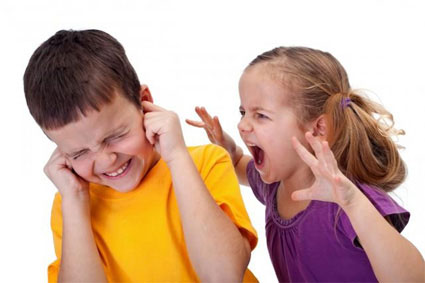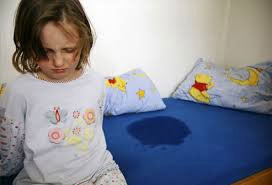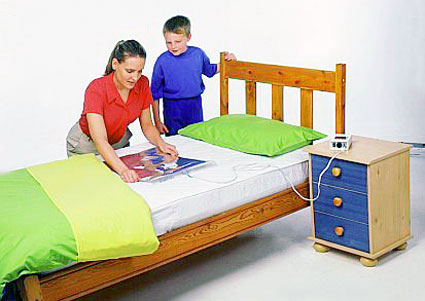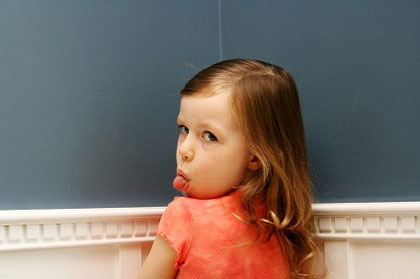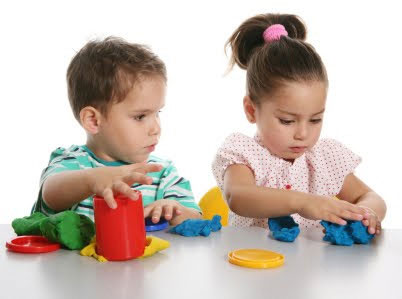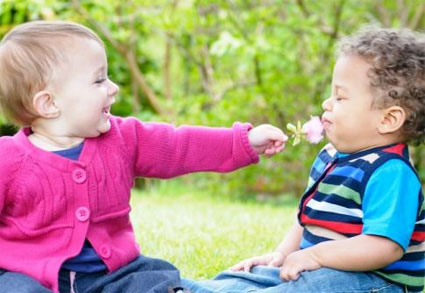Some children are very shy and timid whereas some children are aggressive. What are the reasons for these two types of distinctive behaviours in children? Here in this article we have discussed about causes of such behaviour and what parents can do about it. Children are just like clay in your hands. They will get moulded in a shape that you give and as per the effect of environment in which they are raised. So, the behaviours that are observed in them are developing as a result of the effect of the immediate environment in which they are growing. Read on to learn more about timid and aggressive behaviour in children.
Is my child too shy and timid?
Some children are naturally
shy. They do not speak much and keep to themselves. Other children are chatterboxes at home. However, when they are introduced into a new situation or to new people, they seem to withdraw into a shell. Children like this cannot be thrust into a new situation. You have to give them time to adjust. Do not try to force them to join in immediately. Encourage them to socialize when they feel comfortable.
Common Causes of shy or timid nature in children
One of the most common causes of shyness or
timid behaviour in children is limited social interaction. Lack of interaction may limit the development of social skills in children. Such children are accustomed to interacting with few people and as such they may find difficult in interacting with unfamiliar people. Such limited interaction may give rise to fear in them which may restrict them from communicating with unknown people.
Genetic make-up of children may also be responsible for shy or timid behaviour in them. At the same time it is possible that children may learn such behaviour from their parents, shy parents may encourage the development of shyness in their children too. The way in which parents nurture their children may also lead to such behaviour. If the emotional bond between the parents and children is weak or if parents are too overprotective, children get affected in both ways. Both the situation can give rise to shyness in children. Name-calling, teasing and bullying may also be responsible for shyness or timid behaviour in children.
How to help shy or timid children
Labelling children as shy or timid is what parents need to avoid doing in first place. Providing encouragement to your child instead can work wonders. Encourage her to make more friends. Allow her to spend time
playing with children of your neighbours every day. Talk to her and encourage her to talk as much as you can. Never punish her or criticize her for her behaviour.
My child is very aggressive
Inordinate aggression in a child is usually the result of parental neglect, absence, too much or too little
discipline. Aggressive children are usually bullies, physically and verbally attacking children much smaller than them. Aggression must be nipped in the bud. Corporal punishment is not the answer. Clearly demonstrate your disapproval and praise good behaviour.
Other Causes of aggressive behaviour in children
Children who are pampered too much may tend to become aggressive and stubborn when their unreasonable demands are not fulfilled by parents. Such type of behaviour may also arise when parents fight frequently in front of children or exhibit aggressive behaviour in front of them. A child may also imbibe such behaviour if she is spending time with aggressive children. Such children include her cousins, friends at school or in their neighbourhood.
How to help aggressive children
Parents have to play a very important role in helping children deal with aggressive behaviour. They need to talk to children that the kind of behaviour that they are exhibiting is not acceptable by anyone. Make them understand calmly instead of punishing them or shouting at them. Always be there for your child and reassure her frequently of your love, support and care.
Shaping the behaviour of children is completely in hands of parents. If children are going in wrong direction, parents must pull them back on the track by showing their unconditional love and not through punishments and criticism.












